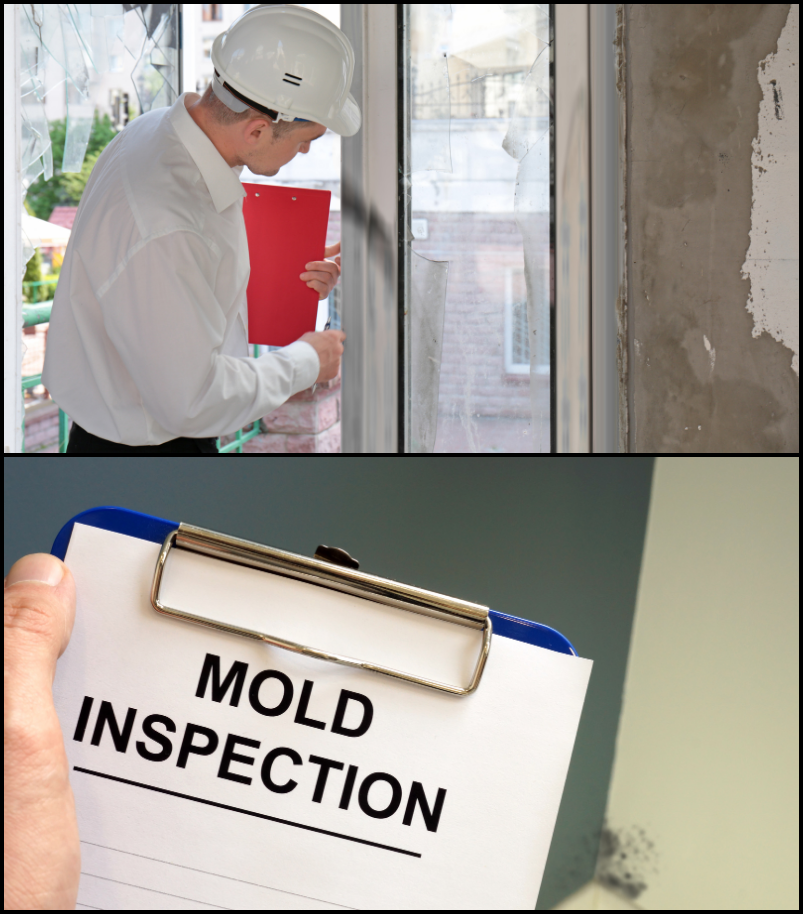Mold Testing in Stony Brook


The Importance of Mold Testing On Long Island
Professional Mold Inspection in Stony Brook
Residential
Commercial
Stony Brook, located on the North Shore of Long Island in Suffolk County, is a historic and picturesque hamlet known for its prestigious university, scenic landscapes, and cultural attractions. With a population of approximately 14,000, Stony Brook offers a blend of academic, residential, and natural appeal, making it an attractive destination for families, professionals, and students alike. Its proximity to Stony Brook University, one of the leading public research institutions in the country, enhances the intellectual and cultural vibrancy of the area. The local economy in Stony Brook is driven by the presence of the university, which is a major employer and an economic hub for the region. In addition to the university, the hamlet features a variety of small businesses, including restaurants, shops, and service providers. Stony Brook Village Center is a popular spot for dining and shopping, with its charming colonial architecture and scenic views of the harbor adding to the town’s unique character.
Stony Brook experiences the typical Long Island climate, with warm summers and cold winters, making it ideal for outdoor activities year-round. The hamlet is home to several parks and nature reserves, including Avalon Park & Preserve, which offers walking trails, gardens, and wildlife observation. The nearby West Meadow Beach, a tranquil spot along Long Island Sound, is perfect for swimming, kayaking, and picnicking. Residents can also enjoy the scenic beauty of Stony Brook Harbor, a popular spot for boating and fishing. Education plays a central role in the community, as Stony Brook University draws students and academics from across the globe. The university is known for its strong programs in medicine, engineering, and the sciences, as well as its contributions to the arts and culture. In addition to the university, Stony Brook is served by the Three Village Central School District, which is known for its excellent academic programs and extracurricular activities.
Our Mold Testing Services in Stony Brook
Our testing and inspection process includes the following steps:
Visual Mold Inspection:
Identifying any visible signs of mold growth.
Air Quality Testing:
Detecting mold spores in the air to assess indoor air quality.
Surface Testing:
Collecting samples from surfaces to confirm mold presence.
Moisture Mapping:
Pinpointing areas of potential water damage that may lead to mold growth.
Why Choose Long Island Mold Testing
Certified and Experienced
Local Experts
Fast & Reliable Service
Health-Focused Approach
FAQs
1. What is mold testing?
Mold testing involves inspecting a property for the presence of mold by collecting air or surface samples and analyzing them in a laboratory to determine if harmful mold is present and at what levels.
2. Why is mold testing important?
Mold testing helps identify hidden mold growth that can cause health issues, property damage, and decreased indoor air quality. It allows homeowners to take prompt action to remove mold and prevent further problems.
3. How do I know if I need mold testing?
If you notice visible mold, experience a musty odor, or suspect water damage (e.g., from flooding or leaks), mold testing is recommended. It’s also a good idea after purchasing a home, following major storms, or if household members experience unexplained health issues.
4. What types of mold are commonly found in homes?
Some common molds found in homes include Stachybotrys (black mold), Penicillium, Aspergillus, and Cladosporium. Testing can determine the specific types of mold present and assess the risks they may pose.
5. How is mold testing performed?
Mold testing typically involves collecting samples from the air, surfaces, or materials in your home. These samples are then analyzed in a lab to identify the types of mold present and their concentrations.
6. How long does mold testing take?
The actual testing process usually takes a few hours, but receiving lab results can take anywhere from 24 hours to a few days, depending on the type of testing and the laboratory used.
7. How much does mold testing cost?
The cost of mold testing varies depending on the size of the property, the extent of testing required, and the types of tests performed. Prices typically range from $300 to $600, but more comprehensive testing can cost more.
8. What should I do if mold is detected in my home?
If mold is found, you should contact a professional mold remediation company to safely remove it. It’s important to address the underlying cause of the mold (such as water leaks or high humidity) to prevent future growth.
9. Can I test for mold myself?
There are DIY mold testing kits available, but they may not be as reliable as professional testing. Professional mold inspectors are trained to locate hidden mold and provide more accurate assessments of the extent of the issue.
10. How can I prevent mold growth in my home?
To prevent mold growth, control indoor humidity levels, repair leaks promptly, ensure proper ventilation (especially in bathrooms and kitchens), and clean and dry areas affected by water damage as soon as possible.
11. Is all mold dangerous?
Not all mold is harmful, but certain types of mold can cause health issues, especially for individuals with allergies, asthma, or weakened immune systems. Professional testing can help determine if the mold in your home poses a risk.
12. How often should mold testing be done?
Mold testing should be done after water damage, if mold is visibly present, when moving into a new home, or if you notice unexplained health symptoms. Otherwise, periodic testing every few years can ensure your indoor air quality remains safe.